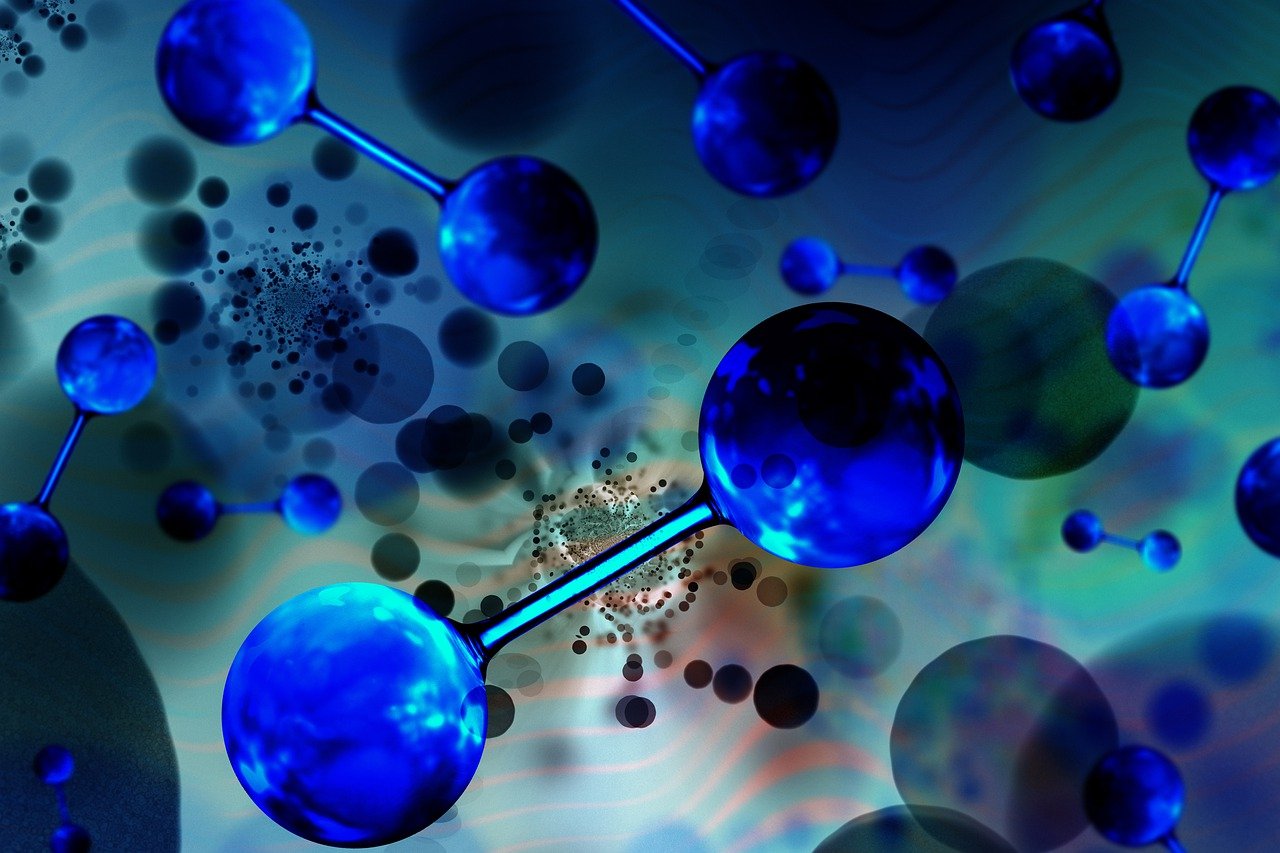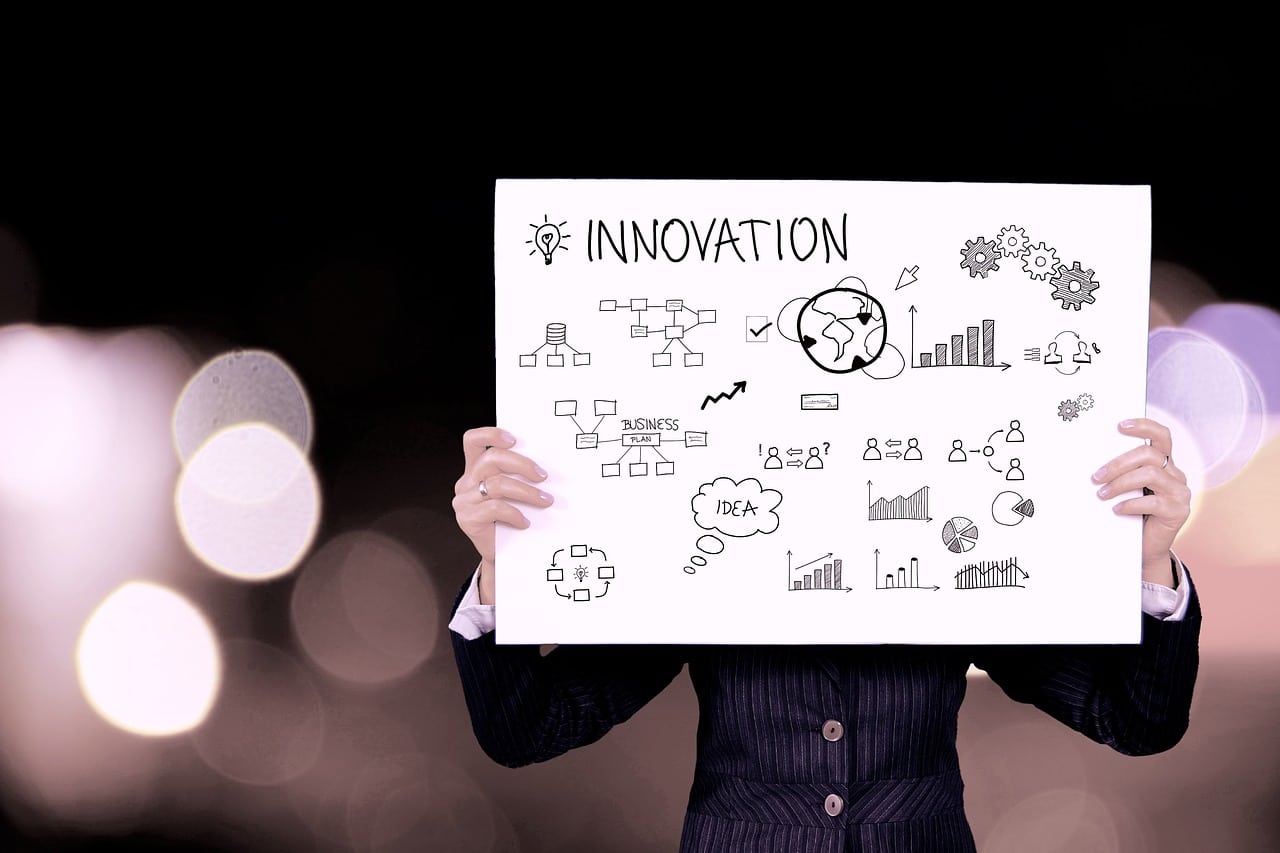
The future of agriculture between technology and innovations
Agriculture influences humanity in its development, providing food and resources and supporting global economies. The evolution of the other depends on the progress of one and in this sense innovations in agriculture have always played an essential role.
Current global challenges require agriculture to take a further step forward: innovations are redefining this sector, shaping an agriculture of the future that is efficient, sustainable and capable of satisfying the food needs of a growing population.
The contribution of innovations in agriculture to global challenges
Modern agriculture is facing unprecedented challenges: at the center of global concerns is the need to guarantee food to an increasingly large number of people, while climate change threatens the stability of crops.
The primary need is therefore to guarantee more efficient and sustainable food production: this is why technological innovations play a crucial role in responding to these challenges.
Optimizing agricultural resources and ensuring food security for a growing population is the main challenge of innovations such as precision agriculture. Sensors, drones and IoT technologies provide detailed crop data, allowing farmers to adopt more efficient practices and make informed decisions. Traceability through technologies such as blockchain ensures food provenance and safety, building trust between producers and consumers.
In addition to this, the increasingly pressing threat of climate change and extreme climatic events: variations in temperatures and intense and unpredictable rainfall put the resilience of crops to the test. The agriculture of the future can address this challenge through advanced technologies that allow better adaptability to constantly changing climate conditions. For example, drones and environmental sensors monitor weather conditions and soil water needs in real time, allowing timely interventions and reducing waste.
The use of biotechnology then contributes to food safety, improving the nutritional quality of the food produced. Furthermore, precision agriculture, through the use of data and advanced algorithms, optimizes crop yields and reduces the use of pesticides and fertilizers.
Innovations do not just address current challenges but prepare the ground for more sustainable and resilient agriculture in the future. Agriculture 4.0, with IoT, artificial intelligence and drones, creates an interconnected system capable of maximizing productivity and reducing environmental impact at the same time.
The agriculture of the future
The agriculture of the future, with the use of more efficient and ecologically sustainable practices, is not simply a prospect, but a complex process in progress.
The key to this revolution is Agriculture 4.0, which uses advanced technologies such as the Internet of Things (IoT), artificial intelligence (AI) and drones to create an interconnected ecosystem. This approach not only improves productivity but also contributes to a more conscious management of resources. Drones and sensors monitor crops in real time, providing detailed information on plant conditions, from hydration levels to possible diseases, allowing farmers to intervene promptly when necessary.
Maximizing quantitative and qualitative yield is the primary objective of Agriculture 4.0. Detailed and predictive analyses, thanks to the use of the Cloud and Big Data, together with traceability supported by blockchain technology, are among the main tools used by the agriculture of the future, but not the only ones. This embraces new ecological practices, such as crop diversification. An analysis conducted by an international team of researchers indicates that the diversification of agricultural crops not only improves the ecosystem but also increases yields in two thirds of cases. This approach is an integral part of a system that promotes agricultural practices beneficial to the climate and the environment.
The use of biotechnology, precision agriculture and hydroponic cultivation represent just some of the innovations involved in the agriculture of the future. This scenario not only promises more sustainable agricultural production but lays the foundation for a deeper connection between agriculture and environmental needs. The direct results obtained by embracing this approach are the fight against waste, the responsible management of water resources and the reduction of greenhouse gas emissions.
What are the main agricultural innovations
The evolution of agriculture is intrinsically connected to the adoption of breakthrough innovations, cutting-edge technologies and innovative approaches that promise to radically transform the sector.
First, the implementation of Agriculture 4.0 practices is redefining the way crops are managed, as we have seen thanks to the combination of the Internet of Things (IoT), artificial intelligence (AI) and drones.
Biotechnology is emerging as a major player, with biofortification using genetic modification to enrich plants with crucial nutrients. This approach improves the nutritional quality of crops, addressing the challenge of malnutrition and contributing to a more sustainable approach to food security. Disease resistance and food quality improve significantly thanks to these genetic engineering techniques.
The conservation of natural resources is at the heart of innovations such as precision agriculture. The use of soil moisture sensors provides real-time information, allowing growers to optimize irrigation based on the actual needs of the plants. Furthermore, the use of drones and environmental sensors offers a detailed assessment of climatic conditions and soil water needs, promoting prudent and sustainable management of resources.
Vertical agriculture is a revolutionary innovation, especially in cities. Growing plants on multiple floors in controlled spaces such as skyscrapers or vertical structures represents an efficient way of maximizing production in areas with limited territorial extensions. This model marries the idea of sustainable agriculture, reduces environmental impact and brings food production directly to urban communities. Similarly, hydroponic agriculture is also based on an efficient cultivation system, in which plants are grown without soil, but in a solution of nutrients dissolved in water.
Blockchain-based traceability technology is another essential element, because it guarantees an immutable and transparent record of every step of the production process, from sowing to distribution. Consumers can easily access information on the origin and quality of products: this strengthens trust in the producer and triggers a virtuous circle.
These innovations, together with other emerging technologies, such as the use of drones for the distribution of chemical products and the application of artificial intelligence, are shaping a new agricultural paradigm, which also uses various practices such as the aforementioned crop diversification , regenerative agriculture (an approach that attempts to regenerate the health of the soil, improving biodiversity and reducing the impact on the environment) and cultivation on contaminated soil (in order to restore the fertility of the soil and make it cultivable again).
In conclusion, the agriculture of the future is driven by a combination of technology, sustainability and environmental awareness and paves the way for a future in which food production can be efficient, safe and in harmony with our Planet.








